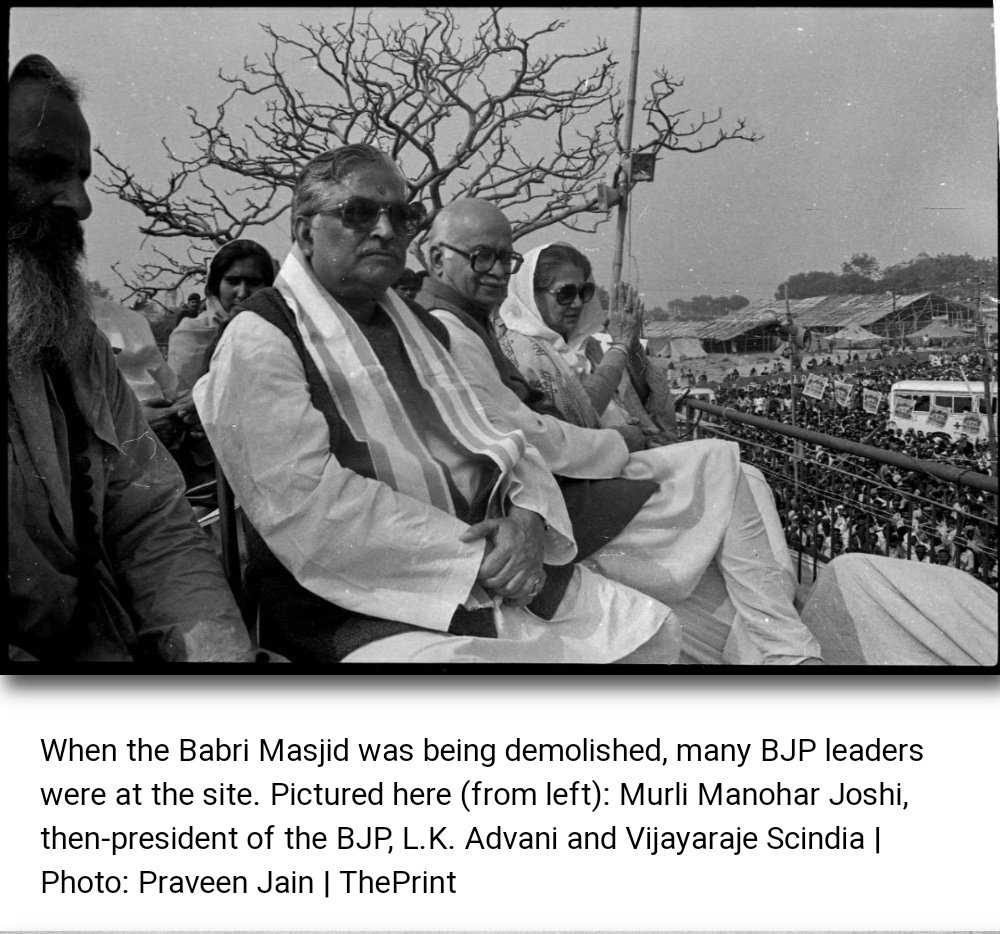
It makes me proud to note that many important High Court judgments are brought to the public domain FIRST by LiveLaw @LiveLawIndia. The latest one is the recent Allahabad HC order on inter faith marriages.
This important order, which had been lying obscure, was traced out by @ISparshUpadhyay. Another recent example is the CIC's damning order in the Aarogya Seri RTI issue, which was discovered by Akshita @_Akshita_Saxena.
There are other examples too of LiveLaw sparking public discussions by bringing to public knowledge HC orders which were remaining unnoticed by many.
For eg :
1. Bombay HC order on vilification of Tablighi Jamaat followers.
2.Kerala HC order on right to access internet in hostels
For eg :
1. Bombay HC order on vilification of Tablighi Jamaat followers.
2.Kerala HC order on right to access internet in hostels
3. Series of Gauhati HC orders on citizenship documents.
4. Calcutta HC order against Bank of Baroda.
5. Orders of Madras & Andhra HCs in migrants cases.
6. Kerala HC order on equal rights for girls and boys in hostels.
7. Meghalaya HCs 'Hindu Rashtra' order(bizarre one)
4. Calcutta HC order against Bank of Baroda.
5. Orders of Madras & Andhra HCs in migrants cases.
6. Kerala HC order on equal rights for girls and boys in hostels.
7. Meghalaya HCs 'Hindu Rashtra' order(bizarre one)
8. Meghalaya HCs orders in Patricia Mukhim cases.
9. Allahabad HC orders on conversion for marriage.
10. Allahabad HC cow protection orders.
11. Kerala HC order on obscenity in magazine cover.
12. Kerala HC habeas orders denying love jihad angle in love marriages.
9. Allahabad HC orders on conversion for marriage.
10. Allahabad HC cow protection orders.
11. Kerala HC order on obscenity in magazine cover.
12. Kerala HC habeas orders denying love jihad angle in love marriages.
13. Kerala HC order giving protection to transgender person; another order allowing same sex partners to live together.
There are many others too, including the orders from SC, which were relevant for litigators. Efforts of Ashok @nationalizer deserve a special mention.
There are many others too, including the orders from SC, which were relevant for litigators. Efforts of Ashok @nationalizer deserve a special mention.
It goes without saying that Rashid sir @answeringlaw is a strong inspiring force behind the relentless research efforts of the team.
It is heartening to see the country discussing judgments brought to light by @LiveLawIndia. The happiness doubles when the judgements are good.
It is heartening to see the country discussing judgments brought to light by @LiveLawIndia. The happiness doubles when the judgements are good.
Also, the order of CPIO of PMO saying that PM CARES was not a public authority - first brought to public domain by LL.
(The list is not exhaustive).
(The list is not exhaustive).
• • •
Missing some Tweet in this thread? You can try to
force a refresh







